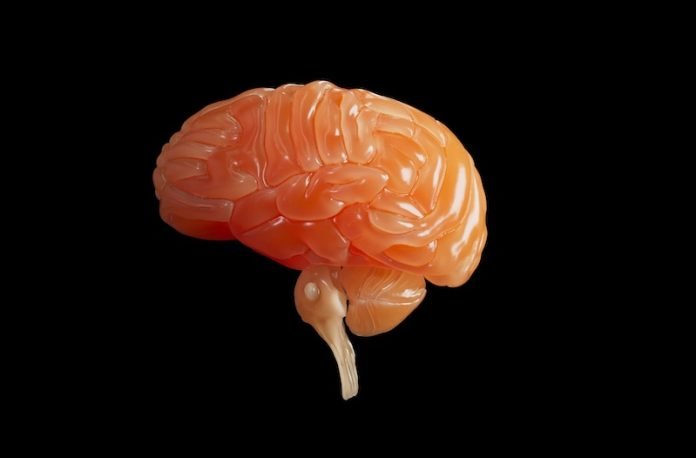
Reports of near-death experiences have long been a part of human culture, with individuals describing experiences such as seeing a white light or being visited by departed loved ones.
While some may dismiss these reports as hallucinations, a recent study suggests that there may be scientific evidence supporting the idea that consciousness persists even after the heart stops beating.
The study, published in the Proceedings of the National Academy of Science, was led by Jimo Borjigin and her team in Michigan Medicine.
The researchers sought to investigate whether there was a surge of activity in the brain correlated with consciousness in dying patients.
The team identified four patients who passed away due to cardiac arrest while under EEG monitoring.
All four of the patients were comatose and unresponsive and were determined to be beyond medical help.
Upon removal of life support, two of the patients showed an increase in heart rate along with a surge of gamma wave activity, which is associated with consciousness.
The gamma activity was detected in the “hot zone” of neural correlates of consciousness in the back of the brain, an area that has been linked to dreaming, visual hallucinations, and altered states of consciousness in previous studies.
While the small sample size of the study means that caution must be taken in interpreting the results, the findings suggest that there may be a neurophysiological basis for near-death experiences.
The researchers note that larger studies including ICU patients who survive cardiac arrest could help to determine whether bursts in gamma activity are evidence of hidden consciousness even near death.
The study sheds new light on the mysterious and often-unexplained experiences reported by individuals who have come close to death.
While the results are not conclusive, they offer a tantalizing glimpse into the potential for consciousness to persist even after the cessation of biological functions.
As our understanding of the brain and consciousness continues to evolve, studies like this one will help us to unlock some of the secrets of this enigmatic phenomenon.
How to prevent brain health
Maintaining brain health is an essential part of overall well-being.
The brain is responsible for our thoughts, emotions, memories, and actions, so it’s important to take steps to protect and improve its function. Here are some ways to prevent brain health:
Exercise regularly: Exercise is not just good for the body; it’s also great for the brain. Studies have shown that regular exercise can improve brain function, boost memory, and reduce the risk of cognitive decline. Aim for at least 30 minutes of physical activity each day.
Eat a healthy diet: Eating a healthy diet that is rich in fruits, vegetables, whole grains, lean proteins, and healthy fats can help protect the brain from damage and improve cognitive function. Avoid processed and high-fat foods, which can increase the risk of cognitive decline.
Get enough sleep: Sleep is essential for brain health. Lack of sleep can impair cognitive function, affect mood, and increase the risk of dementia. Aim for 7-9 hours of sleep each night.
Manage stress: Chronic stress can damage the brain and increase the risk of cognitive decline. Find ways to manage stress, such as through relaxation techniques, meditation, or exercise.
Stay mentally active: Keeping the brain active and engaged can help improve cognitive function and reduce the risk of dementia. Engage in mentally stimulating activities, such as reading, learning a new skill, or playing games.
Stay socially engaged: Social interaction is important for brain health. Staying socially engaged can improve cognitive function and reduce the risk of depression and cognitive decline. Join a club, volunteer, or spend time with friends and family.
Protect your head: Traumatic brain injuries can increase the risk of cognitive decline and dementia. Wear a helmet when engaging in sports or activities that could result in head injury.
Manage chronic conditions: Chronic conditions such as high blood pressure, diabetes, and heart disease can increase the risk of cognitive decline. Work with your healthcare provider to manage these conditions and reduce the risk of complications.
By adopting healthy habits, individuals can take steps to protect and improve brain health. It’s never too late to start, and small changes can make a big difference over time.
If you care about dementia, please read studies that diabetes drug metformin may slow down cognitive decline, and scientists find deep cause of cognitive decline in Alzheimer’s.
For more information about brain health, please see recent studies that cranberries could help boost memory, and how alcohol, coffee and tea intake influence cognitive decline.
The study was published in PNAS.
Copyright © 2023 Knowridge Science Report. All rights reserved.



